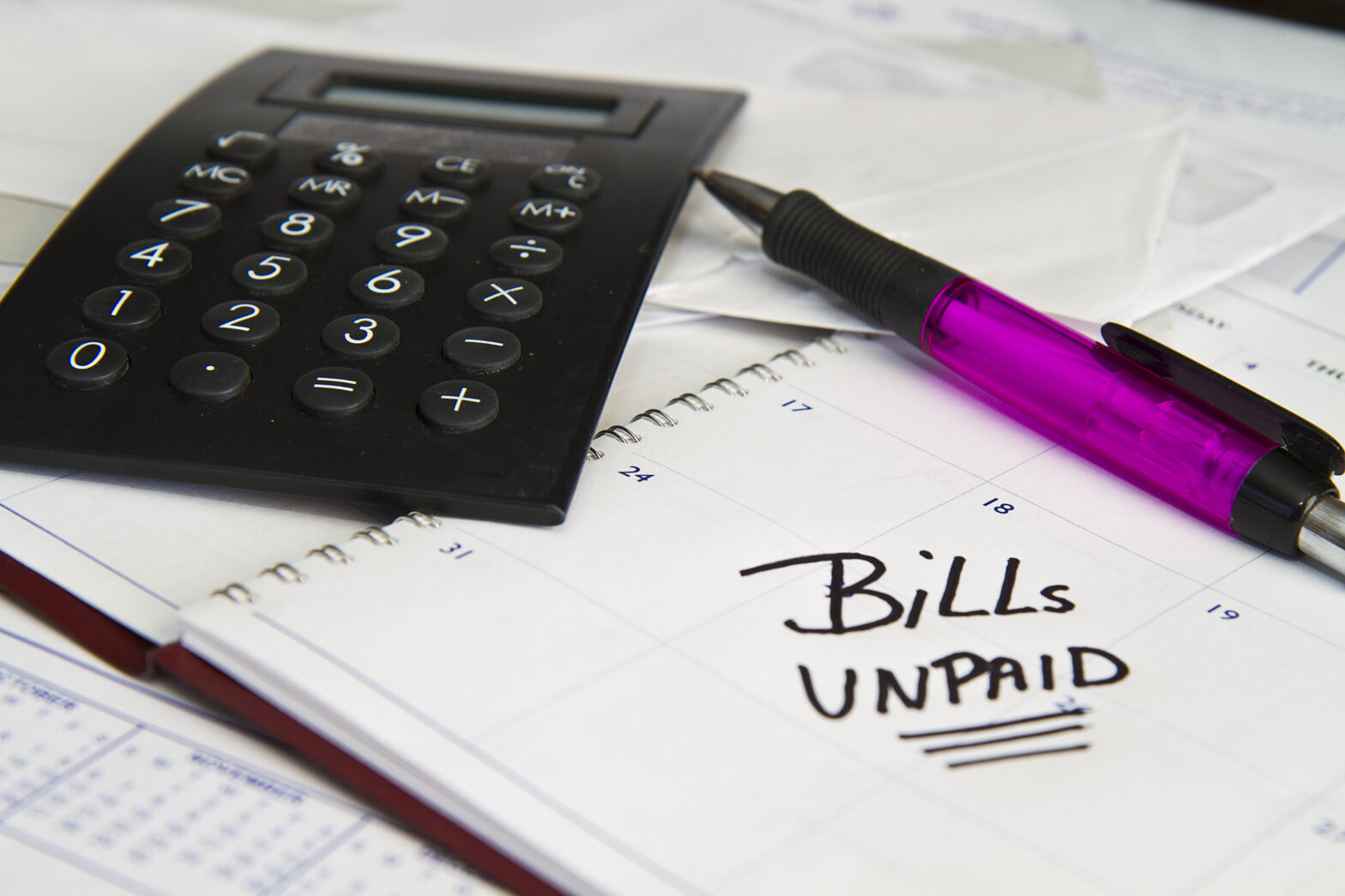The research conducted by the Association of Independent Professionals and the Self Employed (IPSE) and The Freelancer Club finds those surveyed spent an average of 31 chargeable days in the past two years undertaking assignments without pay.
This includes scenarios where free work was pre-agreed, as well as those where an expected fee was not paid. Many freelancers were left unable to cover work-related costs, or even basic living expenses.
IPSE and The Freelancer Club launched the survey as part of the #NoFreeWork campaign, which aims to put an end to exploitative free work where the client clearly profits financially.
The majority of respondents (44 per cent) fit into the 16–29 age bracket. However the average age overall is slightly higher at 33. Freelancers who took the survey have an average of seven years’ experience in their field, revealing free work is not reserved for those at the beginning of their career.
A large percentage of those recently undertaking unpaid work are female (67 per cent), revealing a disproportionate impact on women.
Why are freelancers doing unpaid work?
More than half (54 per cent) of freelancers have worked for free in the hope of gaining exposure for their work, and just under half (45 per cent) have worked for free to be associated with a reputable brand. One in five (20 per cent) identify working for free as standard practice in their industry.
IPSE chief executive Chris Bryce feels that many businesses think they can get away with not paying freelancers for their work.
‘This practice is devaluing our creative industries,’ he says. ‘Government needs to fast track the appointment of a small business commissioner, who can give people someone to turn to. We’re not talking about people donating their time to charities. If a business is profiting financially from someone’s work then they deserve to be paid.’
He adds that the UK’s creative sectors contribute a vast amount to the public purse and careers in these fields shouldn’t be limited to those who can afford to go for significant periods without being paid for their efforts.
What impact does working for free have?
Working for free can have a dramatic impact on freelancers’ finances in the UK, the report finds.
Almost half (45 per cent) of those surveyed find themselves without enough money to cover work-related costs, with four in ten finding themselves competing with other freelancers who are also working for free.
The same number of people could not cover their own living expenses and over a fifth were forced out of freelancing to search for paid employment.
Matt Dowling, director at The Freelancer Club says, ‘I know from personal experience how common it is for big companies to expect freelancers to offer their time and skills for free. But this is a message for freelancers as much as it is for businesses who are taking them on.
‘When you agree to work for free, and the client makes a monetary profit from this free work, you risk creating a race to the bottom that undermines daily rates of pay for the whole industry.’





